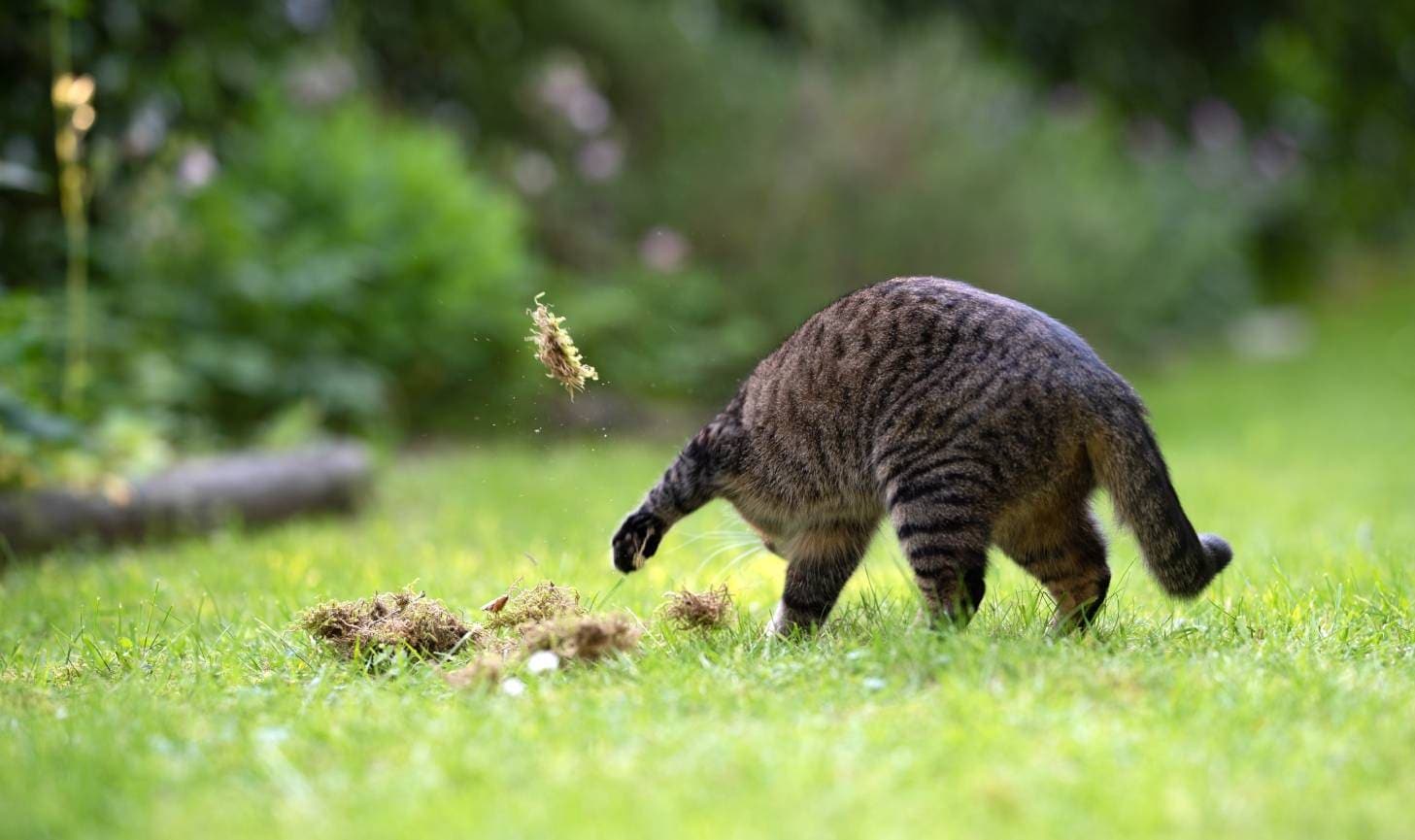Have you ever wondered why your feline friend meticulously tries to bury its food? This behavior is both instinctive and fascinating. In this article, we will explore the reasons behind why cats exhibit this peculiar food burying behavior.
1. Instinctual Behavior
Cats belong to the family of felids and are believed to have descended from desert-dwelling ancestors. In the wild, cats bury their food to protect it from scavengers and potential predators. This instinctual behavior has been passed down through generations as a survival mechanism.
Although domestic cats no longer face the same threats as their wild counterparts, this behavior is deeply ingrained in their natural instincts. Even well-fed housecats will often attempt to bury their food out of this instinct.
2. Hiding Their Scent
Another reason behind their food burying behavior is related to scent marking. By burying their food, cats try to hide the scent of the food, making it less likely for rivals or predators to detect their presence.
In the wild, a strong scent could attract other animals, possibly leading to competition over resources. By burying their leftovers or unfinished meals, cats reduce the chances of attracting unwanted attention.

Credit: www.litter-robot.com
3. Covering Vulnerability
For cats, displaying vulnerability is seen as a sign of weakness. By covering their food, they are hiding any signs of weakness and vulnerability from potential threats. It is believed that this behavior helps to ensure their safety and keep them in control of their environment.
Even though our domestic cats are well-protected in our homes, they still retain these survival instincts from their ancestors. Burying their food allows them to maintain a sense of control over their environment, offering them a sense of security.
4. A Sense of Ownership
Cats are known to be territorial creatures. Burying their food can be seen as a way of marking their territory and asserting ownership over their food source. By burying their food, they leave their scent on it, thereby marking it as theirs.
This behavior can also be observed when cats bury their toys or personal belongings. They are instinctively trying to claim ownership and protect their possessions. Burying their food is simply an extension of this territorial instinct.

Credit: www.hepper.com
5. What Can You Do?
If your cat tends to bury its food, it’s essential to provide it with an appropriate feeding environment. Here are a few tips:
- Place the food bowl in a quiet area where your cat feels safe and undisturbed.
- Use a shallow food dish to make it easier for your cat to eat without getting food stuck on its paws.
- Observe your cat’s behavior and see if it prefers certain textures or flavors. Experiment with different types of food to find what your cat enjoys the most.
- Consider using puzzle feeders or food-dispensing toys to keep your cat mentally stimulated during mealtime while providing a challenge to your cat’s hunting instincts.
- Ensure that fresh water is always available for your cat, as cats have a low thirst drive and may derive moisture from their food.
In conclusion, your cat’s instinctual behavior of burying food has evolved as a survival mechanism to protect their resources and territory. By understanding the reasons behind this behavior, we can create a more enriched and stress-free environment for our feline companions.
Frequently Asked Questions Of Why Do Cats Try To Bury Their Food
Why Do Cats Try To Bury Their Food?
Cats try to bury their food because of their natural instinct to hide the scent and protect it from other predators who might steal their food.
Do All Cats Try To Bury Their Food?
No, not all cats try to bury their food. Some cats may have never learned this behavior or simply do not feel the need to do so.
Is Burying Food A Sign Of Dominance In Cats?
No, burying food is not necessarily a sign of dominance in cats. It is more of an instinctive behavior to protect their food from being stolen.
Can Cat Burying Food Be A Sign Of Anxiety?
Yes, sometimes cats may bury their food out of anxiety or stress. It can be a coping mechanism for them.
Leave a Reply